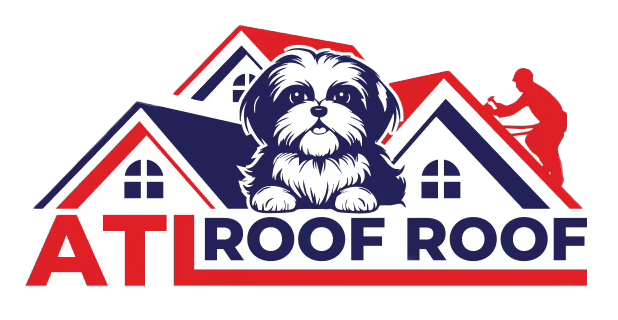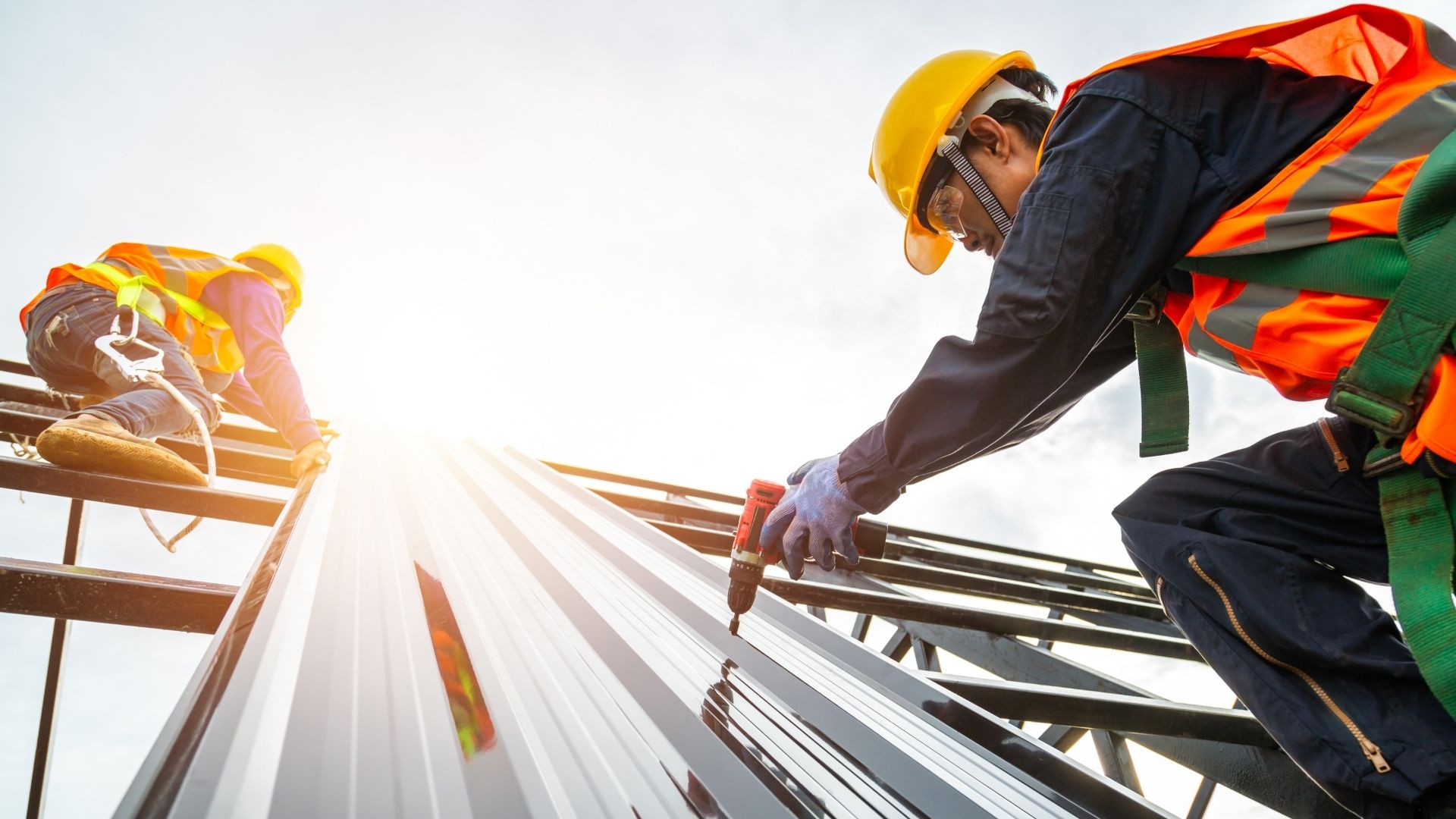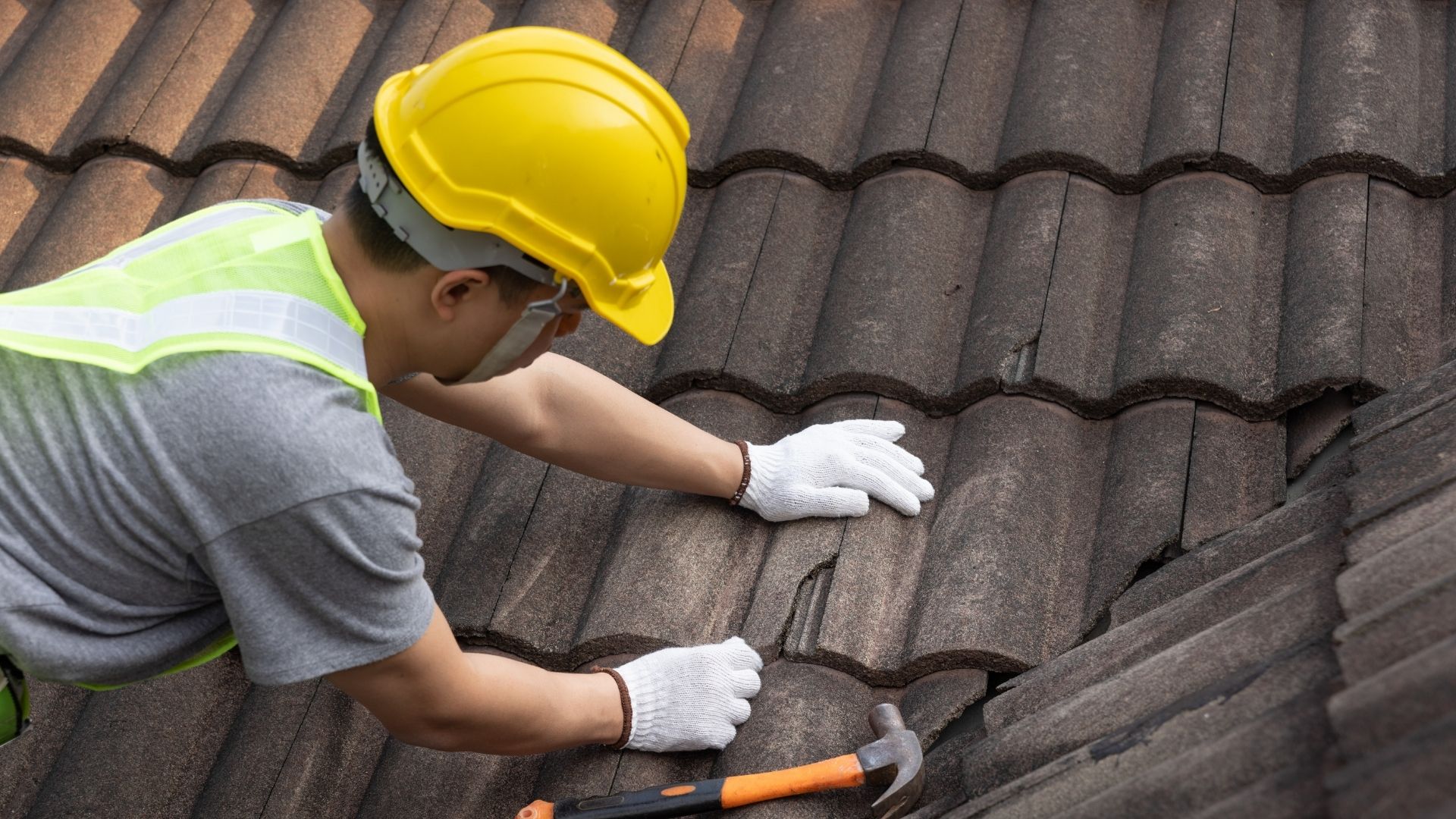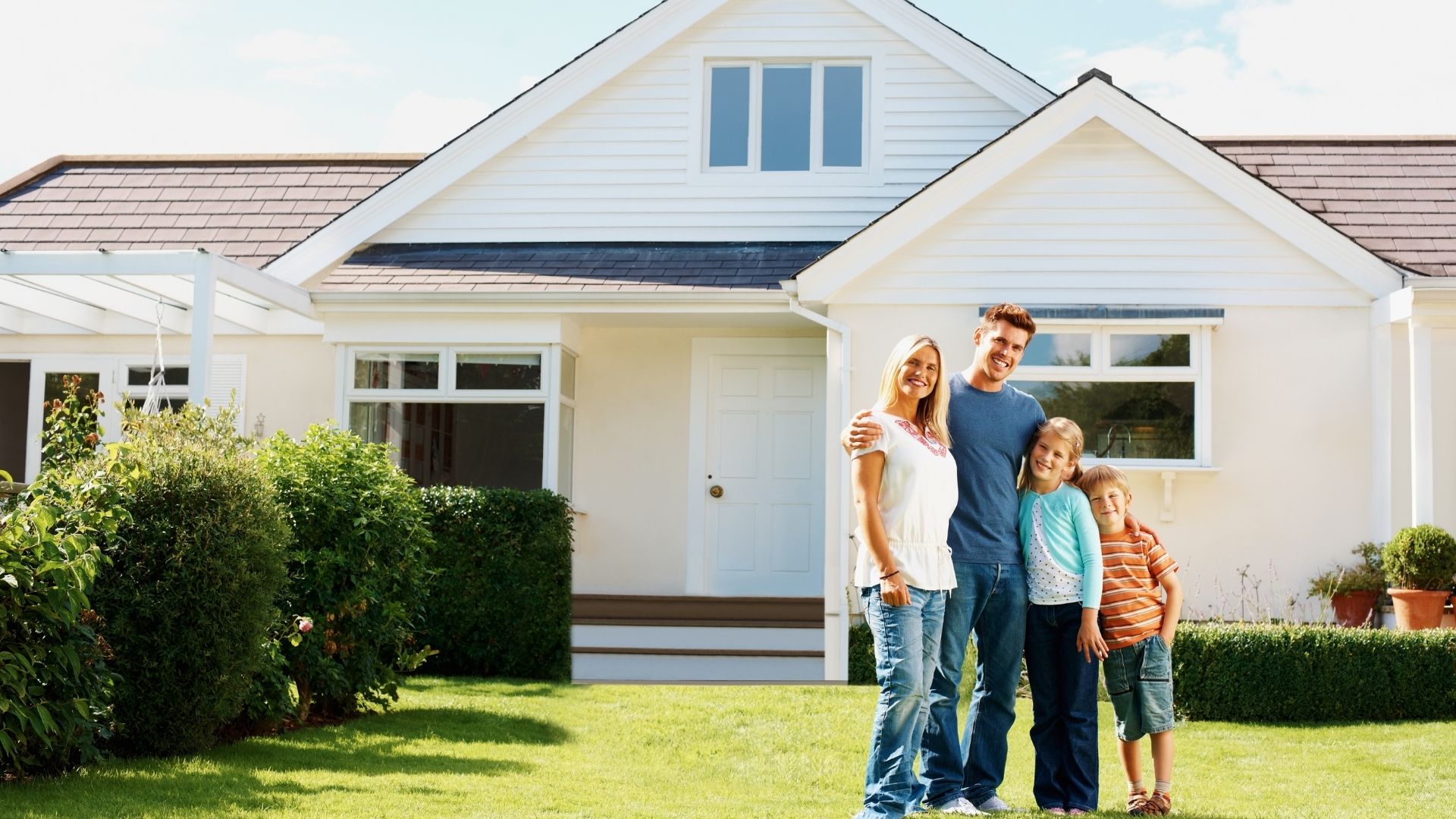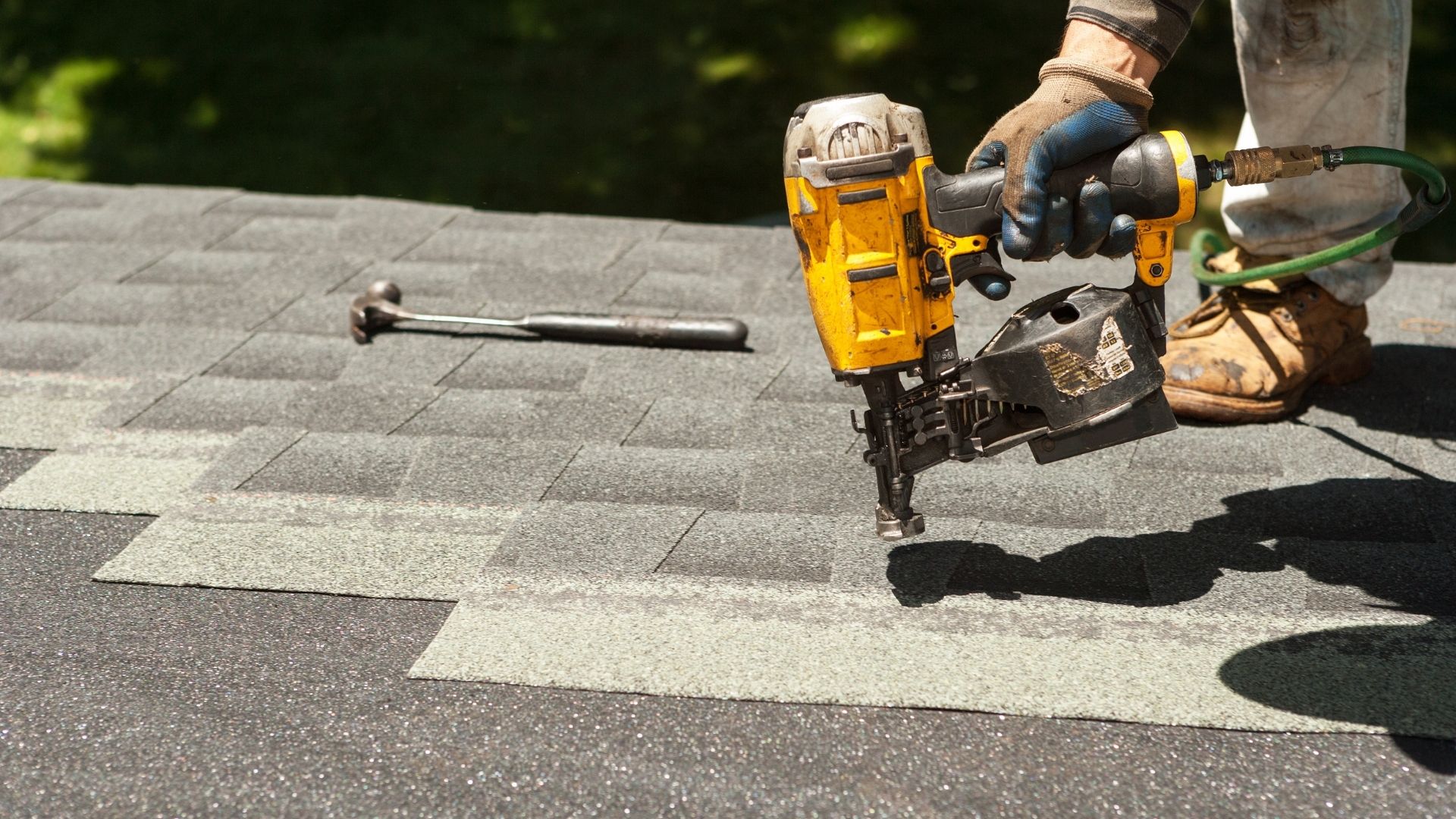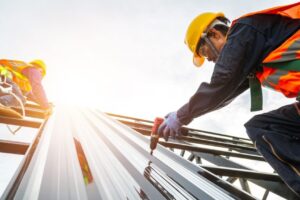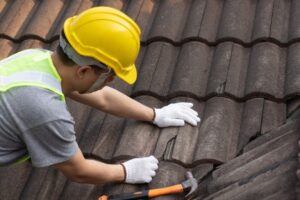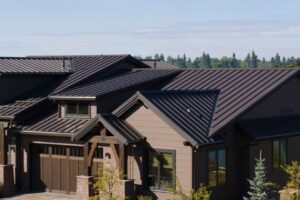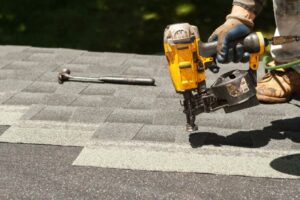What is Commercial PVC Roofing?
Securing Your Commercial Property with a PVC Flat Roof
One of the most crucial ways to safeguard your commercial property is by investing in a solid, long-lasting roof. Among the most reliable and time-tested materials available is the PVC flat roof.
While PVC roofing isn’t the cheapest option for flat or low-sloped business roofs, its durability makes it ideal for applications with increased chemical and weather exposure, particularly in mild to warm climates. When considering whether PVC is suitable for your next commercial roofing project, it’s essential to understand its lifespan and benefits.
What is PVC Roofing?
PVC roofing refers to a thermoplastic membrane made from an ethylene-chlorine polymer, commonly known as vinyl. To make the naturally hard and strong PVC flexible enough for roofing, plasticizers are added. This material is reinforced with a polyester or fiberglass scrim to boost its tensile strength and longevity.
Why Choose a PVC Roof?
Commercial roofing materials vary in longevity, durability, and affordability, which are key factors in making the final decision. Here are some compelling reasons to consider PVC roofing for your project:
- **Exceptional Durability**
PVC roofing membranes are renowned for their ability to withstand tough conditions. They can endure 300 pounds per inch (PPI), significantly more than the typical 200 PPI standard. - **Resistance to Wind, Fire, and Elements**
PVC roofs are highly resistant to weather conditions, including mold, mildew, bacteria, fungi, plant roots, and other microorganisms. They also feature welded seams that provide strong wind resistance, with some variants capable of withstanding Category 4 hurricane winds. Additionally, PVC roofing is slow to ignite and burns slowly, offering protection against fire hazards. - **Environmentally Friendly**
PVC roofs are fully recyclable. Old PVC membranes can be repurposed to create new roofing materials, reducing landfill waste. Additionally, PVC roofs can often be installed over existing roofs, further minimizing environmental impact. Their reflective properties help reduce cooling loads and combat the urban heat island effect. - **Energy Efficiency**
The high reflectivity of PVC roofing keeps membrane temperatures lower on sunny days, reducing HVAC system stress and increasing the roof’s lifespan. This energy efficiency can save up to 40% on annual energy bills and enhance the performance of your roof insulation by up to 50%. - **Enhanced Curb Appeal**
PVC roofing systems come in various colors, allowing you to choose options that best enhance your commercial building’s appearance. Unlike some materials that fade under UV radiation, PVC maintains its color and integrity, boosting your property’s curb appeal and potentially attracting more business or buyers.
How Long Does PVC Roofing Last?
A professionally installed PVC roof typically lasts at least 20 years with proper care and maintenance, and some have been known to last up to 30 years. Factors such as extreme cold and recurring damage can affect its lifespan. However, PVC’s flexibility allows it to withstand thermal expansion and contraction, and it remains capable of hot air welding for repairs throughout its life.
Choose ATL Roofing for Your PVC Roofing Needs!
Selecting a new roof for your commercial property is a significant investment. Given the numerous PVC roofing varieties and other commercial solutions available, it can be challenging to decide on the best option. Consulting with commercial roofing experts like ATL Roofing can help you determine if PVC roofing is the right choice for your building.
Contact us today to create the ideal roofing solution for your commercial project’s needs.
SCHEDULE YOUR FREE ATL ROOF ANALYSIS™ TODAY!
SEE WHAT OUR CUSTOMERS SAY
We want you to be completely confident in your decision when choosing Findlay Roofing. That’s why we trust our customers to share their experiences.
